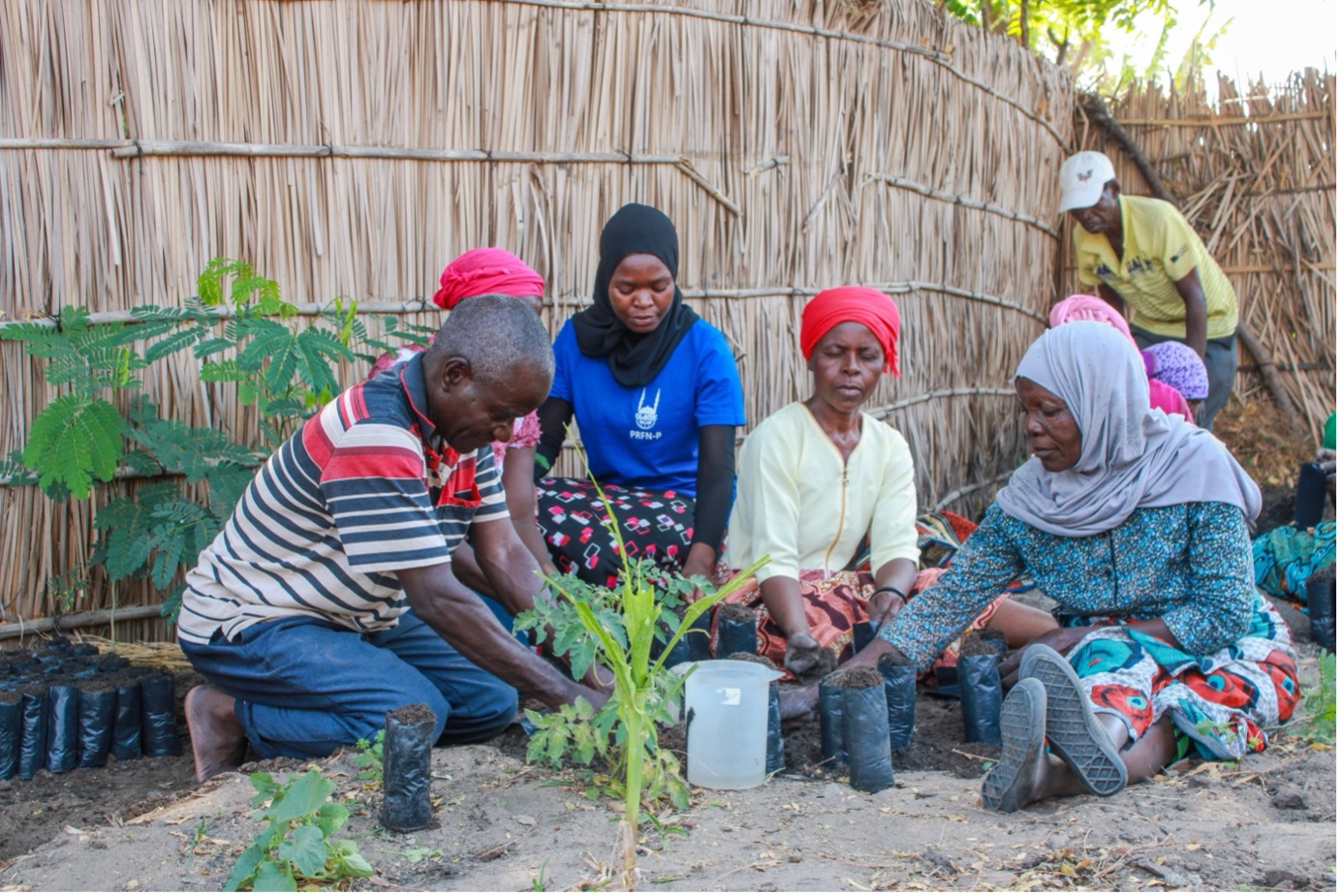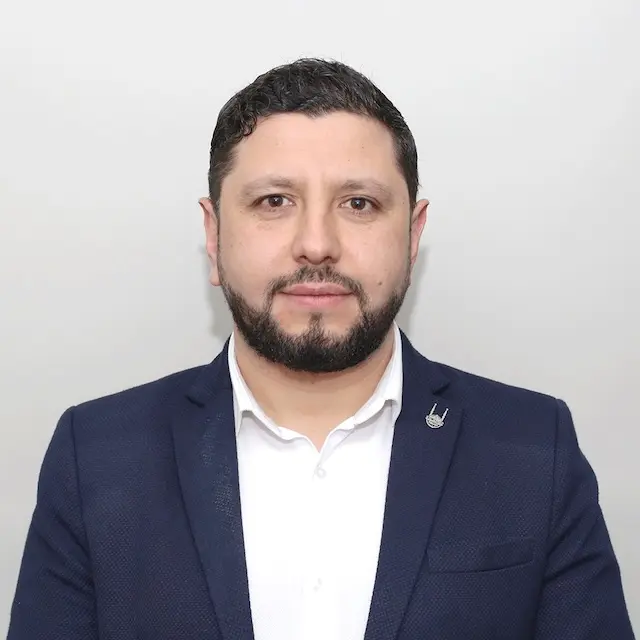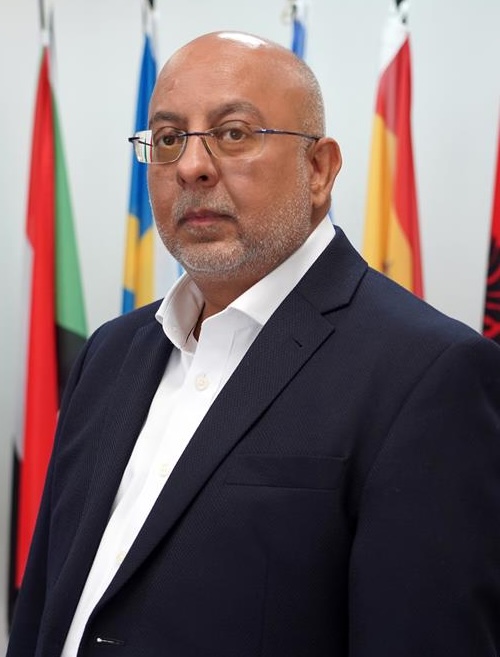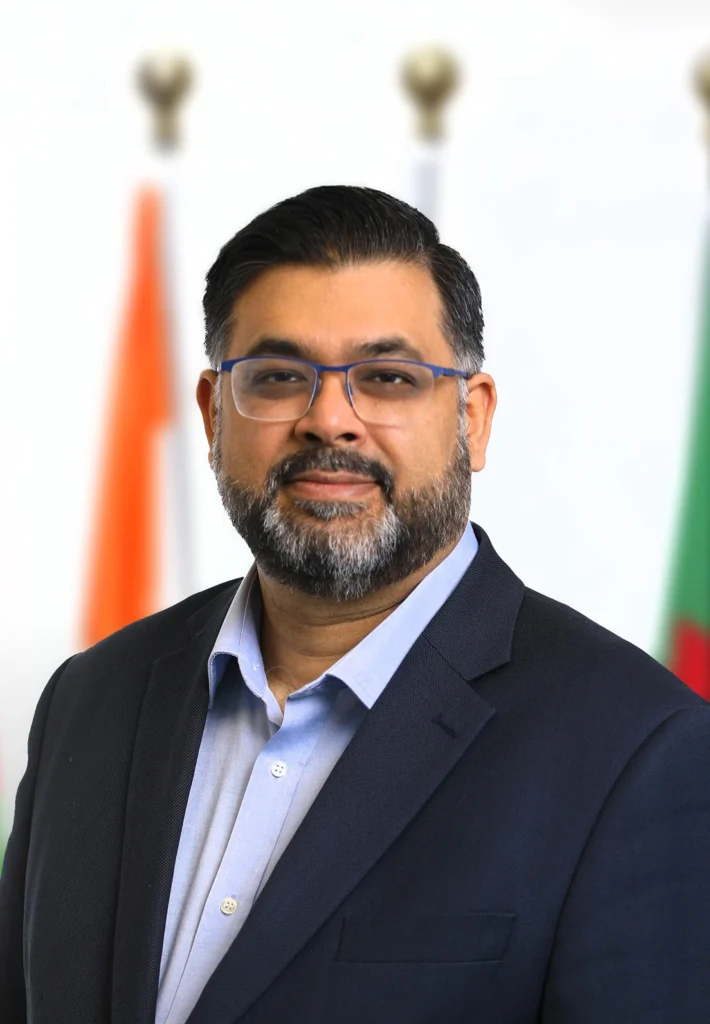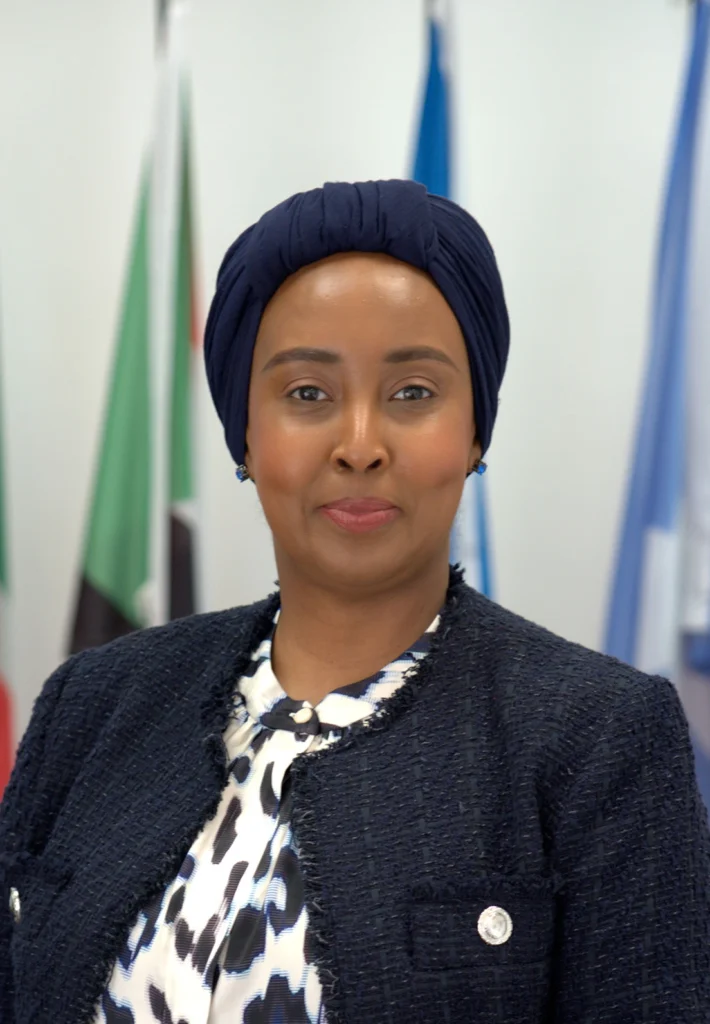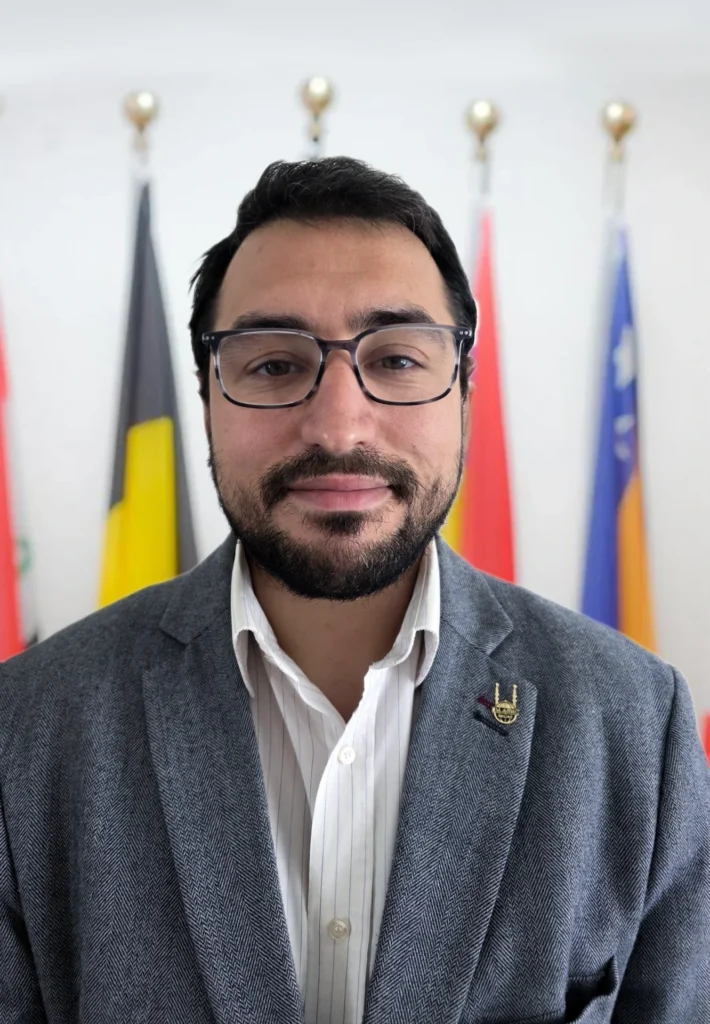As world leaders prepare to gather in Belem, Brazil, for COP30 later this month, communities in Malawi are already taking action against climate change, 1 tree at a time.
In Mangochi district, a southern region particularly vulnerable to climate-induced disasters, Islamic Relief is demonstrating what climate adaptation looks like on the ground. Through our Poverty Reduction, Food and Nutritional Security, and Protection project (PRFNP), local communities are transforming degraded land into thriving ecosystems and offering vital lessons as the world prepares for the most critical climate summit in years.
Cultivating resilience, nutrition, and a new conservation mindset
Lanjesi Maseleka, Chairperson of the Village Natural Resource Management Committee in Chipeta Group Village Head, has seen firsthand the damage climate change has done to his community’s land.
“Climate change has had a severe impact on our community. In the past 2 years, we received low rainfall accompanied by strong winds, and in 2023 the community was affected by floods emanating from Cyclone Freddy that left many people displaced.”
The pattern is unmistakable and increasingly severe. Mangochi, like many climate-vulnerable regions, faces a dual threat: prolonged droughts followed by devastating floods. For farming communities dependent on predictable seasons, this volatility threatens everything.
But amid these challenges, something remarkable is happening.
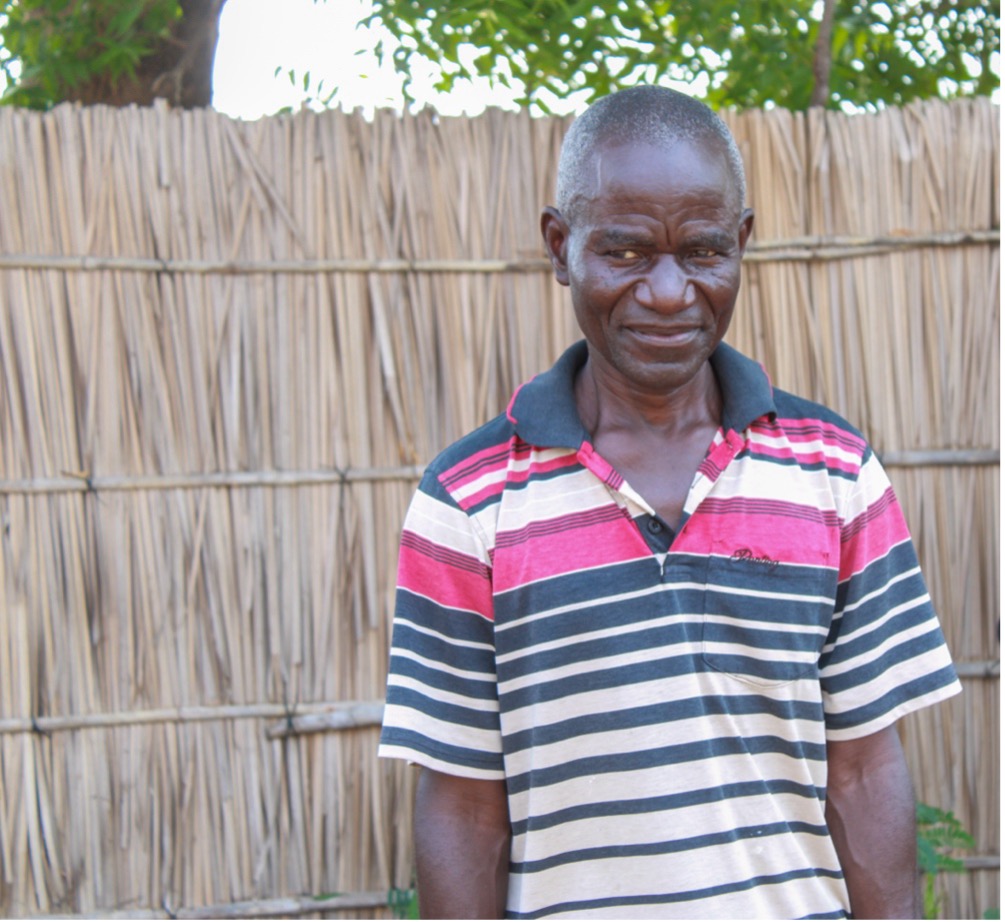
Restoring soil fertility and fighting malnutrition
The project has facilitated the planting of 10,400 trees across 3 Group Village Heads – Chipeta, Mponda-Mponda, and Mwichande. But these aren’t just any trees. The selection is strategic, combining fruit trees that enhance nutrition and food security with indigenous species like nsangu that naturally restore soil fertility.
“One notable impact we’ve seen is the mindset of community members,” Maseleka explains. “They have embraced nurturing trees and have established nurseries to expand reforestation efforts.”
The trees serve multiple purposes. They act as natural barriers against strong winds and floods, protecting homes and farmlands. They also improve rainfall distribution across the landscape. And crucially, the fruit trees contribute to dietary diversity, addressing malnutrition by adding to the 6 recommended food groups essential for healthy living.
Building local leadership
Sustainability lies at the heart of the PRFNP initiative. Islamic Relief has trained 60 committee members – 22 men, 38 women, and 28 young people – equipping them with skills in seed identification and collection, tree planting techniques, and long-term care strategies. The knowledge transfer ensures that reforestation efforts will continue long after the project concludes.
According to Jamila Allie, Islamic Relief Malawi’s Food Security and Livelihood Officer and Disaster Risk Reduction Officer, the transformation in community ownership has been profound.
“At first, we provided both seedlings and tubes. Now, after training, community members are sourcing seeds themselves – we only supply the tubes. That’s a clear sign of full adoption.”
Local rules have been established to protect the young trees. Young people oversee planting and spread awareness about tree care throughout the community. Women have taken responsibility for watering and nurturing the saplings. This inclusive approach ensures shared ownership and collective responsibility for the project’s success.
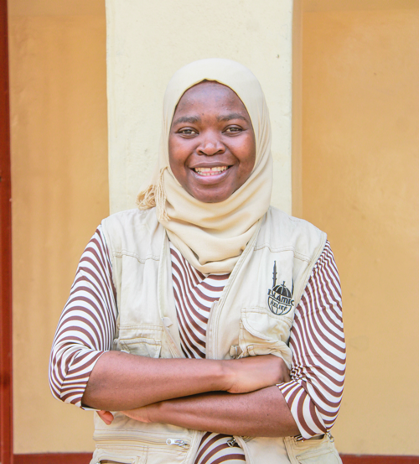
The road to Belem: Why COP30 matters
As Mangochi’s communities plant trees, global leaders prepare to convene for COP30 in Belem, Brazil, from 10-21 November 2025. The timing and location carry profound significance. Belem sits at the gateway to the Amazon Rainforest, the world’s largest carbon sink, making it a powerful symbol for nature-based climate solutions.
COP30 represents a pivotal moment in the global climate response. Countries are expected to present updated Nationally Determined Contributions – their commitments to reducing emissions and adapting to climate change. The summit will focus on implementing the finance pledges made at COP29, where nations agreed to scale up climate funding from $300 billion to $1.3 trillion annually by 2035.
For communities like those in Mangochi, these global negotiations aren’t abstract policy discussions – they represent the difference between having resources to build climate resilience and facing disasters alone.
Climate justice demands action now
Islamic Relief has consistently championed climate justice at international forums, from COP26 in Glasgow to COP29 in Baku. Our position is clear: the countries most responsible for greenhouse gas emissions must support vulnerable nations facing the worst climate impacts.
The Mangochi project exemplifies what effective climate adaptation looks like when communities are empowered with resources and knowledge. It demonstrates that solutions exist, but they require sustained investment and local leadership.
Brazil’s COP30 presidency has announced plans to launch the Tropical Forest Forever Facility, a $125 billion blended-finance fund to reward forest conservation in tropical countries. Such initiatives align perfectly with the grassroots reforestation work happening in places like Mangochi, creating the potential to scale successful local projects to a regional or national level.
The power of faith-based climate action
Islamic Relief’s work reflects a deep commitment to environmental stewardship rooted in Islamic principles. The concept of humans as trustees of the Earth underpins our climate programmes worldwide, from Pakistan to Kenya, Bangladesh to Malawi.
The Islamic Climate Change Declaration, endorsed by Islamic Relief and Muslim leaders globally, calls for urgent action to phase out fossil fuels and transition to 100% renewable energy. It emphasises the moral imperative of protecting creation and supporting those most vulnerable to climate breakdown.
In Mangochi, these principles translate into practical action. The 3,000 tree seedlings planted across the 3 villages embody hope, resilience, and a refusal to accept climate devastation as inevitable.
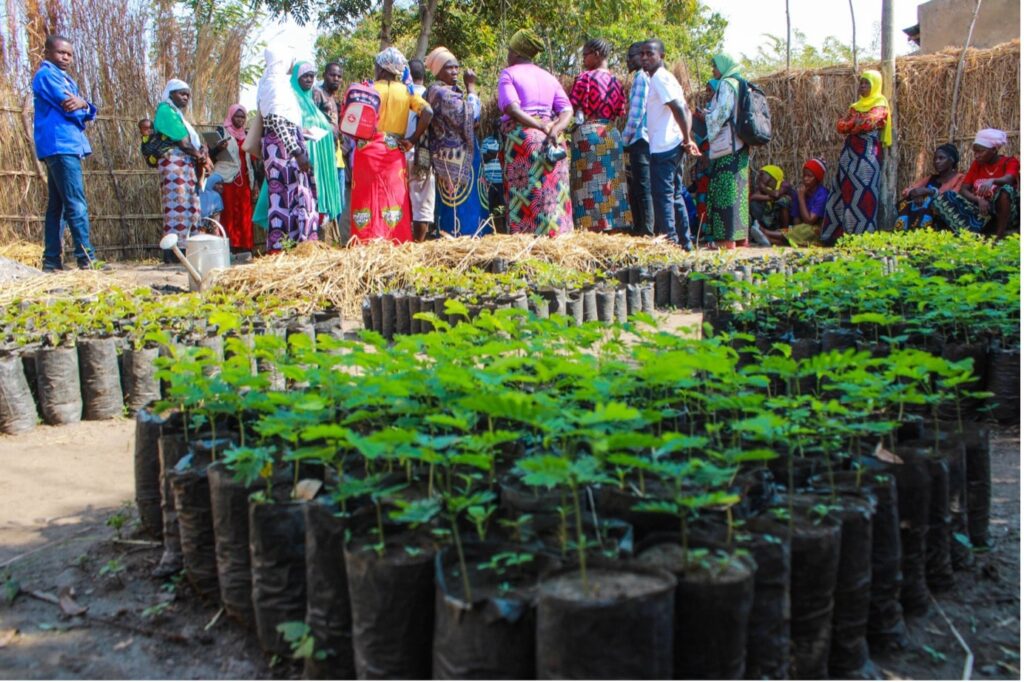
The real climate solution starts locally
As the world counts down to COP30, the lessons from Mangochi resonate clearly. Climate adaptation works when it combines scientific knowledge with local wisdom, when it empowers communities rather than imposes solutions, and when it addresses immediate needs while building long-term resilience.
The families in Chipeta, Mponda-Mponda, and Mwichande aren’t waiting for global agreements to take action. They are planting trees, protecting their land, and building a more sustainable future for their children. Their example should inspire the world leaders gathering in Belem.
Climate change may be a global crisis, but the solutions often start locally. From Mangochi’s reforested hillsides to the negotiating halls of COP30, the message is the same: act now, act together, and ensure no community is left behind in the transition to a sustainable world.
Islamic Relief continues to work with vulnerable communities worldwide to build climate resilience and advocate for climate justice. Support this vital work by donating today.

